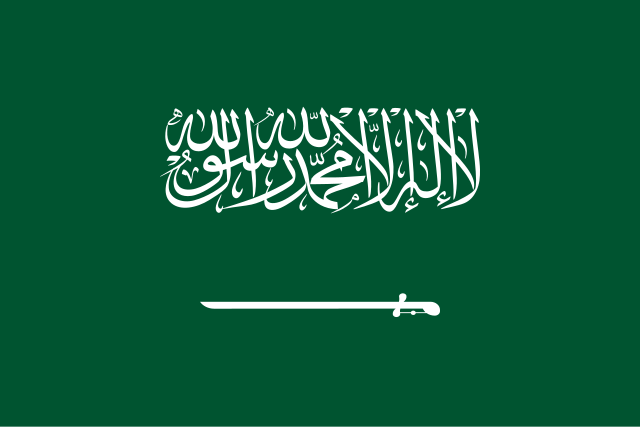
The meeting, held in the context of the growing importance of Middle Eastern geopolitics, was an opportunity for both parties to address an array of issues impacting the region. Among the topics on the table were the ongoing conflicts in the Middle East, the future of energy policy, and the stability of global supply chains. With tensions in several neighbouring countries, including Yemen and Syria, continuing to escalate, the discussions were framed around finding diplomatic solutions to these complex challenges.
The US has long been a crucial ally of Saudi Arabia, with the two nations collaborating on issues ranging from counterterrorism to economic development. However, in recent years, the relationship has faced challenges, particularly due to differing approaches on key issues like the war in Yemen and the balance of power within the region. Prince Mohammed has been keen on shifting the focus towards regional stability and economic growth, particularly in light of Saudi Arabia's Vision 2030, which aims to diversify the Kingdom's economy and reduce its dependence on oil revenues.
One of the central topics of the meeting was the future of the Gulf Cooperation Council , with both leaders discussing the role of Saudi Arabia in ensuring the unity and security of the Gulf states. Saudi Arabia’s leadership in this regard has been pivotal, particularly in efforts to mediate tensions between Qatar and its neighbours, including the UAE and Bahrain. The GCC remains a vital platform for regional cooperation, and the ongoing discussions are seen as an opportunity to strengthen the bloc in the face of external threats.
The discussions also touched upon the shifting dynamics in the Middle East, especially with regards to Iran’s growing influence in the region. The US has maintained a policy of containment towards Iran, while Saudi Arabia has been navigating its own diplomatic channels, including engaging in direct talks with Iran in recent months. The issue of Iran’s nuclear ambitions and its involvement in proxy conflicts across the region, particularly in Yemen and Iraq, continues to be a point of contention. Both Saudi Arabia and the US have expressed concerns over Iran’s actions, with Rubio reiterating America’s commitment to countering Iran’s destabilising influence.
The meeting also covered the evolving role of the US in the Middle East, particularly with the Biden administration's approach to the region. While the US continues to maintain a military presence in the Gulf, there has been a noticeable shift in its focus towards China and other global priorities. This realignment has raised questions about the future of US-Saudi relations, as well as the broader security architecture in the Gulf. Both sides have acknowledged the importance of maintaining a robust security partnership, with discussions centred on enhancing cooperation on military and intelligence matters.
Energy policy was another significant area of focus during the meeting. As the world transitions towards renewable energy sources, Saudi Arabia remains a key player in global energy markets, and its oil production continues to be a major factor in the global economy. The discussions touched upon the challenges and opportunities presented by the global energy transition, with both leaders recognising the importance of diversifying energy sources while ensuring stability in the oil markets. Saudi Arabia’s investment in renewable energy technologies, such as solar power, has been a key component of its Vision 2030, and these efforts are likely to be a point of convergence between the two nations.
The timing of the talks also comes amid rising concerns about global security, with Russia’s invasion of Ukraine and its ramifications for the international order still reverberating across the globe. In the face of these challenges, Saudi Arabia’s role as a stabilising force in the region is seen as increasingly important. The Kingdom’s strategic positioning, both geographically and economically, gives it the ability to influence key global supply chains, particularly in the energy and defence sectors.
The meetings set to begin on Tuesday are expected to delve deeper into these issues, with both sides likely to address broader themes such as economic cooperation, technological innovation, and regional security frameworks. As both nations look to strengthen their partnership, the discussions in Riyadh will be pivotal in shaping the future of US-Saudi relations and their collective influence in the Middle East.
Topics
Live News
